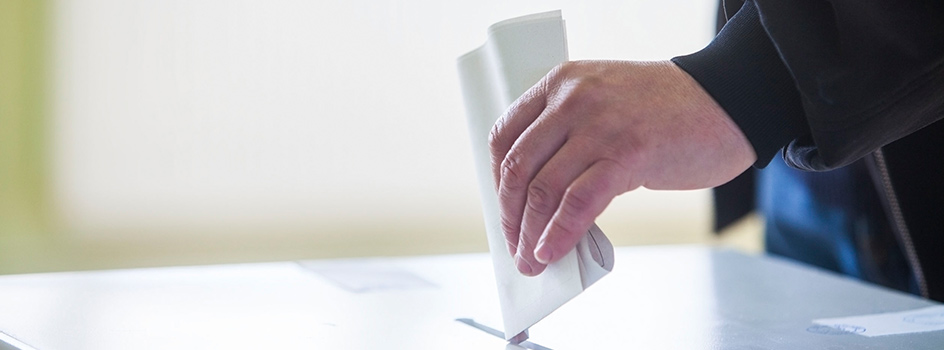The big question today is can we trust online polls? And the answer is, it depends.
The Internet has changed many industries, but one that few consider is market research and, specifically, the polling industry. As we approach the U.S. presidential election, those changes are being felt very acutely today.
Polling is struggling with accuracy for many reasons. The tried and tested method to poll was to call on landlines using robocalls. This is no longer viable because this tactic skews to older respondents predisposed to having landlines, thereby underrepresenting the poor. Younger people are more likely to only have cell phones. But there is a federal law that prohibits auto-dialing cell-phones, while manual dialing makes the process more expensive and time-consuming for research companies to complete. Online polling seems like a logical solution—or does it?
Online polls face increased criticism because they are typically unscientific in their sampling methodology of data collection, and are skewed towards people who use the website hosting the poll.
When Time.com launched an online poll asking, Who Won the First Clinton-Trump Debate?, it included the following disclaimer:
“Online reader polls like this one are not statistically representative of likely voters, and are not predictive of how the debate outcome will affect the election. They are a measure, however imprecise, of which candidates have the most energized online supporters, or most social media savvy fan base. After all, what they are counting is the number of Internet-devices controlled by people who want to vote.”
But what if there is another reason polls are skewed?
What if they are sabotaged by an automated script, otherwise known as a bot, created to submit multiple votes? Surely that would be hard to perform. It might shock you to learn how simple it is to completely skew an online poll in one direction using robo-voting.
Certain scripts allow online polling to be used as the cheapest propaganda tool of the age. Trust in research and polling techniques used to carry value, and now with the emergence of online tools, quick surveys are possible. But have we traded speed for accuracy? And how are the hosts of such surveys protecting against “robo-voting” by malicious bots?
Try Imperva for Free
Protect your business for 30 days on Imperva.












